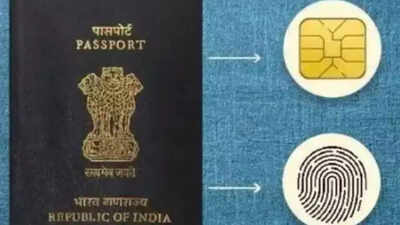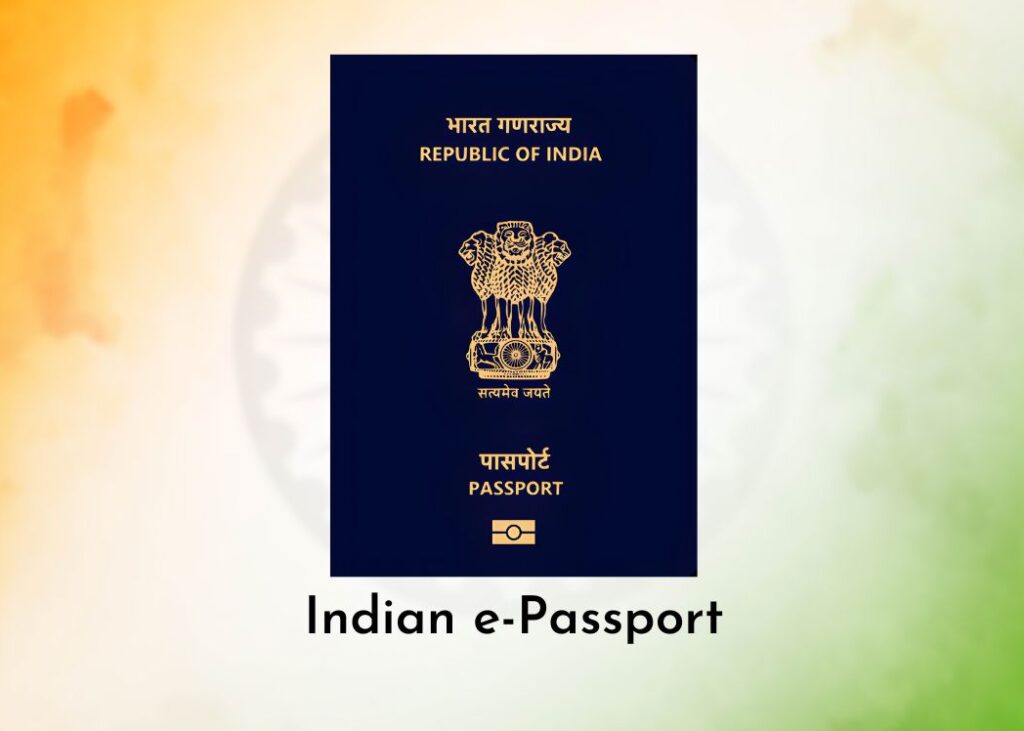India has officially entered the era of smart travel documents with the nationwide launch of e-passports, a major technological upgrade that promises faster airport verification, stronger security, and global-standard authentication. The Ministry of External Affairs (MEA) has confirmed that all new passport applicants — fresh or renewal — will now automatically receive e-passports equipped with RFID microchips and digitally secured data.
Existing passports will remain fully valid until their expiry, ensuring smooth, disruption-free travel for all citizens.
What Makes the New E-Passport Different?
An e-passport is a modern, digitally enhanced version of the traditional booklet. While it looks similar from the outside, it carries a powerful upgrade inside — an embedded RFID microchip that securely stores:
●Personal details
●Passport holder’s photograph
●Biometric identifiers
●Digitally signed authentication records
This chip is protected using Public Key Infrastructure (PKI), the same security framework used globally for safeguarding sensitive digital identities. It allows immigration systems worldwide to instantly verify a traveller’s identity without manual intervention.
A small gold biometric symbol on the front cover indicates that the passport contains an electronic chip.
No Change for Current Passport Holders
The MEA has clarified that no existing passport is being cancelled, replaced, or invalidated.
●Current booklets remain valid everywhere
●Travellers can continue using them until expiry
●No immediate upgrade is required
The transition to e-passports will happen automatically at the time of renewal.

Faster Checks, Seamless Travel
The biggest benefit for passengers will be at airports.
The embedded chip enables:
●Faster clearance through automated e-gates
●Instant biometric verification
●Reduced manual checking
●Quick detection of tampering or counterfeits
Airports worldwide already support e-passport validation, helping Indian travellers experience smoother global mobility.
Produced at Nashik, Built to Global Standards
The India Security Press in Nashik, which prints the country’s passports, has upgraded its technology to meet ICAO’s global e-passport standards. This ensures interoperability with international border systems and future-ready authentication.
A Major Step Toward Secure Digital Identity
Experts say India’s rollout of e-passports marks a significant milestone in strengthening digital identity, improving global travel efficiency, and tightening security controls. With chip-based protection and global verification, Indian travellers are set to experience a new level of convenience, speed, and safety.


